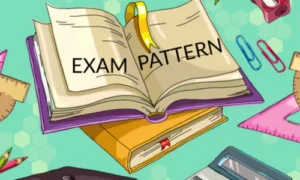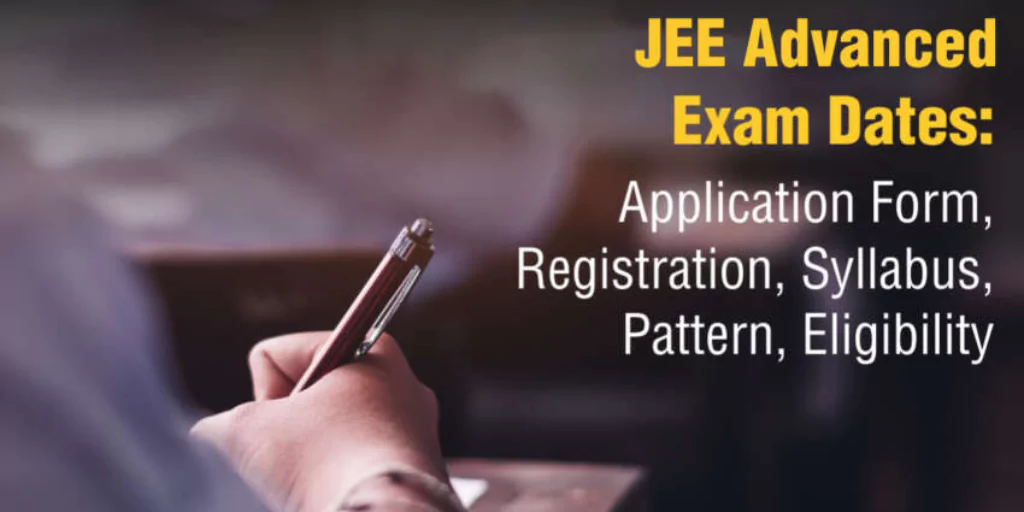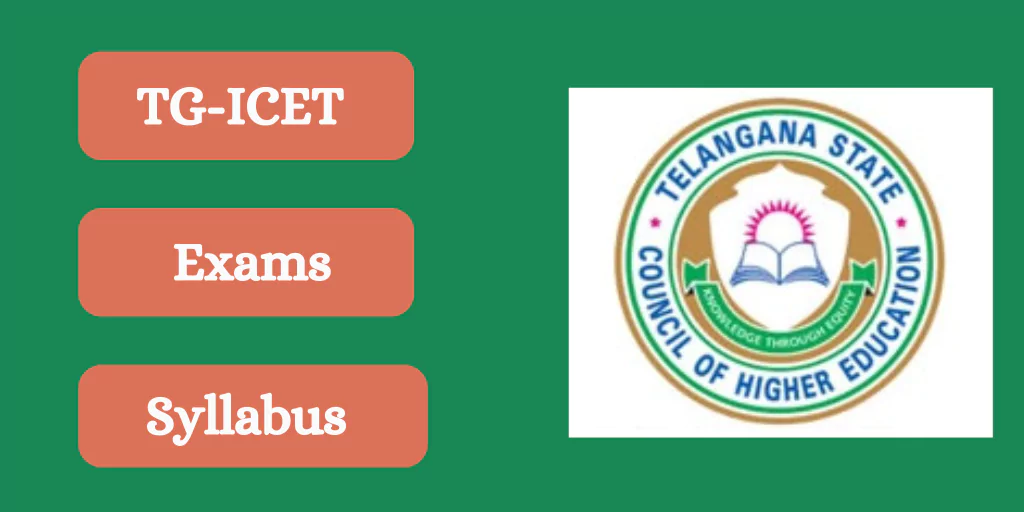Recently updated on November 28th, 2025 at 11:07 am
The Joint Entrance Examination JEE Advanced is one of the most challenging engineering entrance exams in the world. It is held annually in India and serves as the entrance exam for the famous Indian Institutes of Technology (IITs). With only around 1% of candidates qualifying, it requires a thorough command of Physics, Chemistry, and Mathematics.
Also See: Top 10 Toughest Exams in the World

Why It’s Tough:
- Extremely competitive: ~2.5 lakh candidates qualify for JEE Advanced from JEE Main, out of which only around 16,000–17,000 make it to the IITs.
- Application of deep conceptual knowledge is required.
- High pressure with tricky, time-bound questions.
Exam Purpose:
The exam aims to provide admission to undergraduate engineering programs (B.Tech, B.Arch, Dual Degree) at IITs and other premier institutes, like IISc, IIST, and RGIPT.
Eligibility Criteria:

- Must qualify JEE Main and be among the top 2.5 lakh rank holders.
- Maximum 2 attempts in 2 consecutive years.
- Age limit: General category students must be born on or after October 1, 1999 (relaxation for reserved categories).
- Should not have accepted admission to any IIT before.
Exam Pattern:

- Mode: Computer-Based Test (CBT)
- Papers: Two compulsory papers – Paper 1 & Paper 2 (every 3 hours)
- Subjects: Physics, Chemistry, Mathematics
- Type of Questions: MCQs, Numerical value-based, Match the following, Integer type
- Negative Marking: Yes (varies based on question type)
Syllabus:

Physics:
- General Physics
- Mechanics
- Thermal Physics
- Electricity and Magnetism
- Optics
- Modern Physics
Chemistry:
- Physical Chemistry: Mole Concept, Thermodynamics, Electrochemistry, etc.
- Inorganic Chemistry: Periodic Table, Chemical Bonding, Coordination Compounds, etc.
- Organic Chemistry: Hydrocarbons, Reaction Mechanisms, Biomolecules, etc.
Mathematics:
- Algebra
- Trigonometry
- Analytical Geometry (2D and 3D)
- Differential and Integral Calculus
- Vectors
- Probability and Statistics
Exam Process:
1. Qualify JEE Main
- Apply and appear for JEE Main (conducted by NTA).
- Secure a rank within the top 2.5 lakh candidates.
2. Register for JEE Advanced
- Registration is online via https://jeeadv.ac.in.
- Upload documents and pay application fees.
3. Download Admit Card
- Available online after successful registration.
4. Appear for JEE Advanced
- Attend both Paper 1 and Paper 2 on exam day.
5. Results and Rank List
- Only those who appear for both papers will be considered.
- Rank lists are prepared based on aggregate marks.
6. JoSAA Counselling
- Register and participate in the Joint Seat Allocation Authority (JoSAA) counselling for IIT seat allotment.
Important Exam Dates – 2025 (Tentative):
| Event | Date |
|---|---|
| JEE Main 2025 (Session 2) | April 2025 |
| JEE Advanced Registration | 1st Week of May 2025 |
| JEE Advanced Exam | 1st or 2nd Sunday of June 2025 |
| Result Declaration | Mid-June 2025 |
| JoSAA Counselling Begins | Last Week of June 2025 |
Conclusion
JEE Advanced assesses intelligence, quickness, precision, and deep conceptual knowledge. Clearing it grants admission to the IITs, India’s most prominent engineering colleges. To succeed, you must have a solid study plan, be disciplined, and comprehend the curriculum thoroughly.






